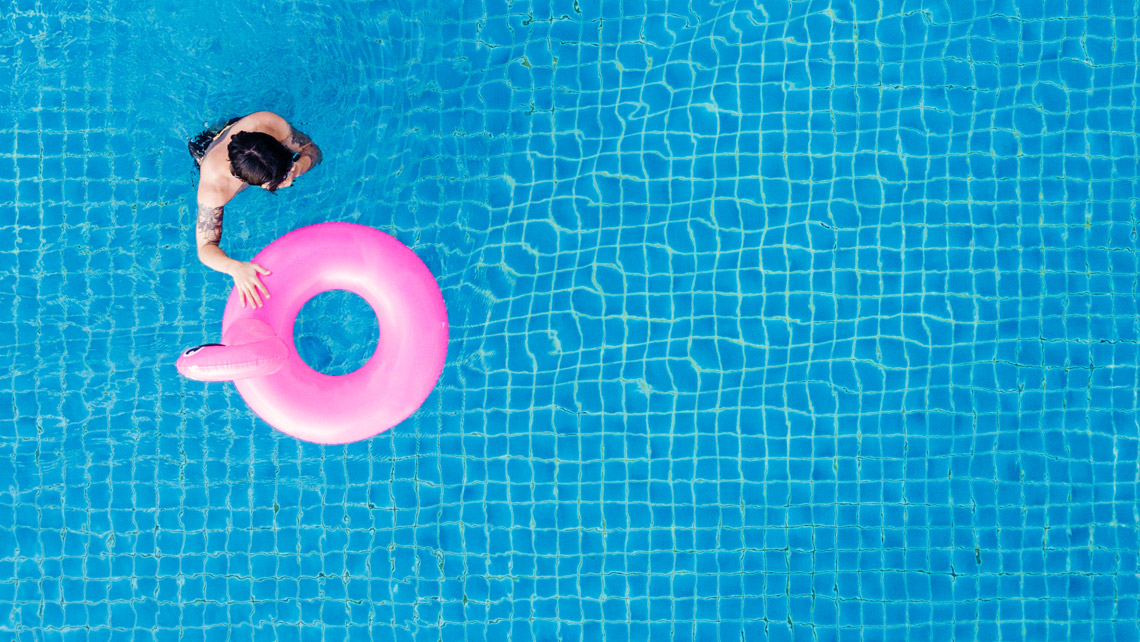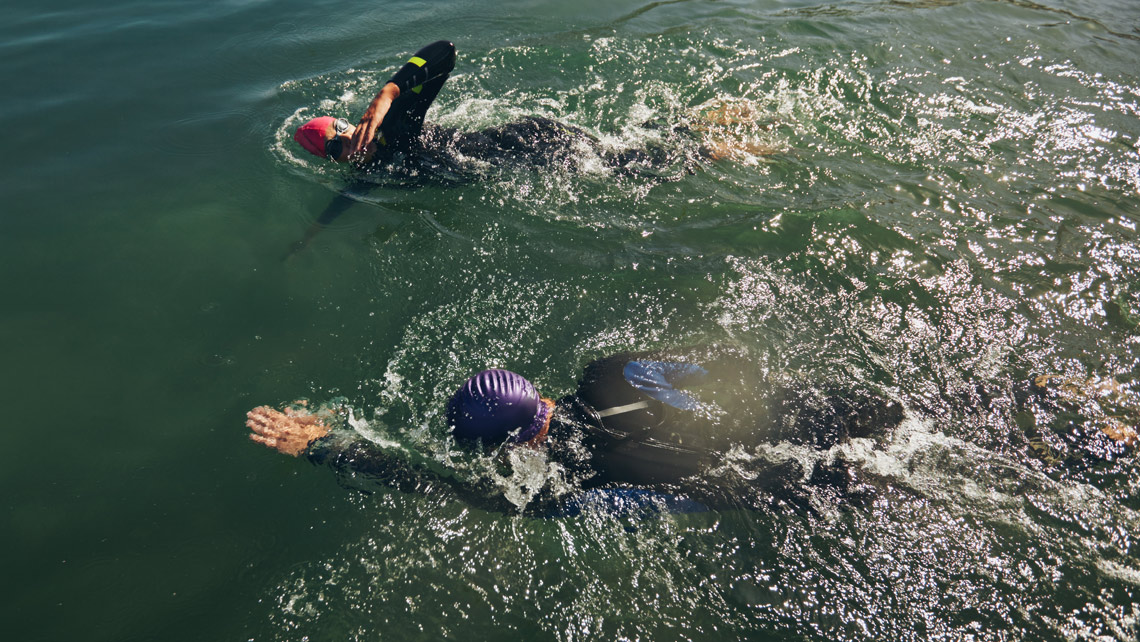The most common unwanted consequences from swimming in polluted waters include diarrhea and different skin reactions. These can be caused by e.g. faecal bacteria or blue-green algae. “Companies and municipal wastewater treatment plants in EU and North America are required to treat their wastewater according to very strict standards to be able to return it back to the water cycle. Here, chemical water treatment is by far the most efficient method. The same process happens in nature, we just accelerate it in treatment plants,” says Rasmus Pinomaa, Director of Corporate Sustainability at Kemira and chemical engineer by education. “Blue-green algae thrives in warm weather and still waters. It’s visible, so check the water for greenish-yellowish mass on the surface.”
The cleanest waters were found in Luxemburg, Cyprus, Malta, Greece and Austria.
In EU, 85% of waters are “excellent”
In EU, bathing water quality information is readily available. The member states prepare an annual report on the quality of coastal and freshwater bathing areas. There is also an interactive online map you can access and see for yourself, drilling down to country-level and your local beach.
Looking at the full-year data from 2016, the situation in Europe is rather good – with 85% of the bathing waters meeting the “excellent” water quality standards on a four point scale from poor-sufficient-good-to excellent. The cleanest waters were found in Luxemburg, Cyprus, Malta, Greece and Austria – while Albania, Switzerland, Slovakia, UK and Poland had the most to improve with some of their swimming sites.
If the water’s cloudy and the smell is off, don’t go in there.
Pools – some good, some so-so
Infections from pools are more common than those from coastal and freshwater bathing areas.
Before you dip into that local pool next time, or if at all in doubt, ask to see the most recent water quality parameters measured from the pool. These should be readily available at any site managed appropriately. The most commonly used method of keeping microbes at bay in pools is basic chlorine chemistry. Contrary to popular belief, it’s both too little as well as too much chlorine that causes the pool to smell. If the water’s cloudy and the smell is off, don’t go in there.
Unsurprisingly, most bacteria in pools result from the people in them. You can be a responsible pool user by showering properly before getting in the pool, using a swimming cap, and skipping it altogether if you’re sick. Happy swimming!



